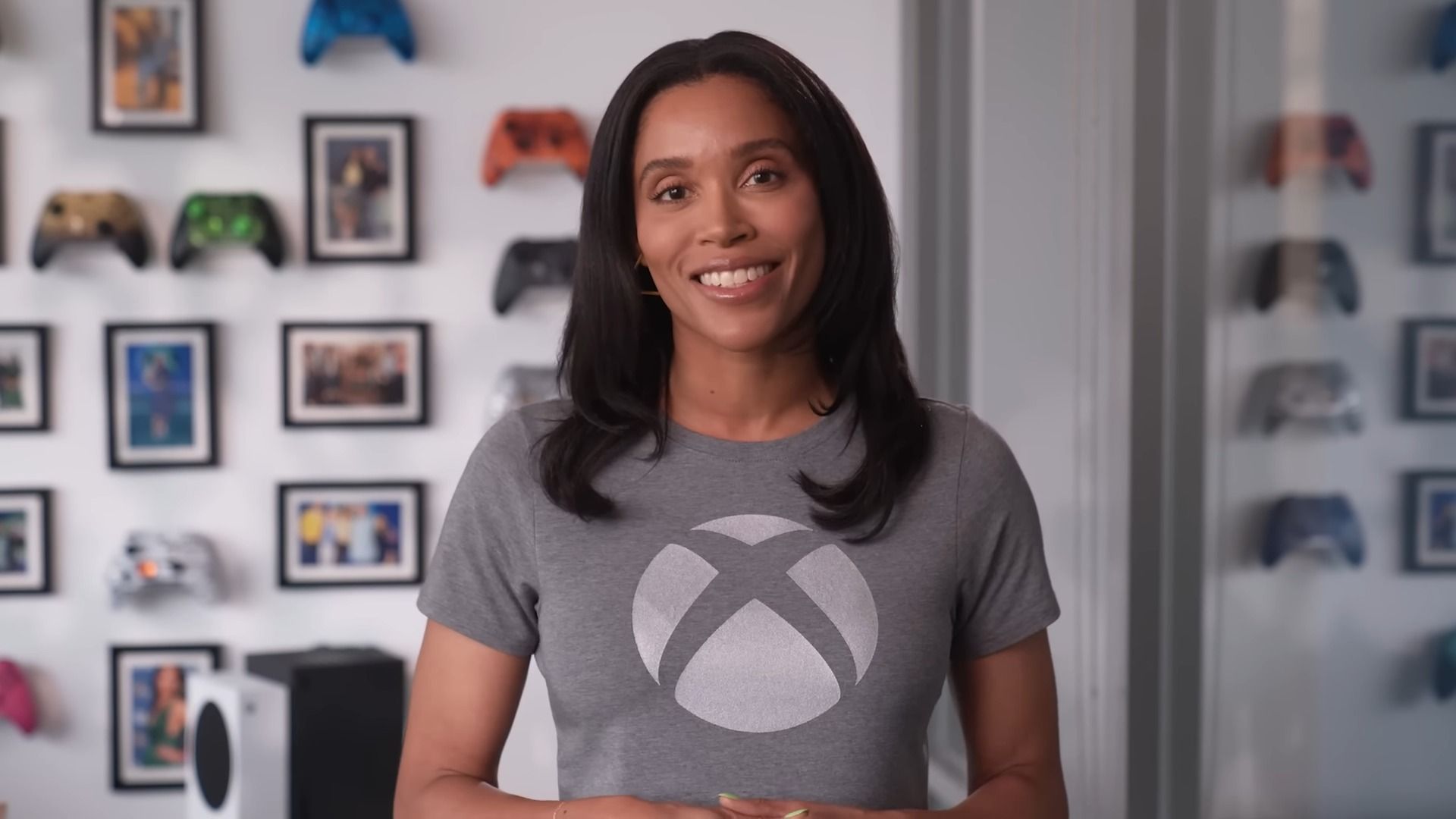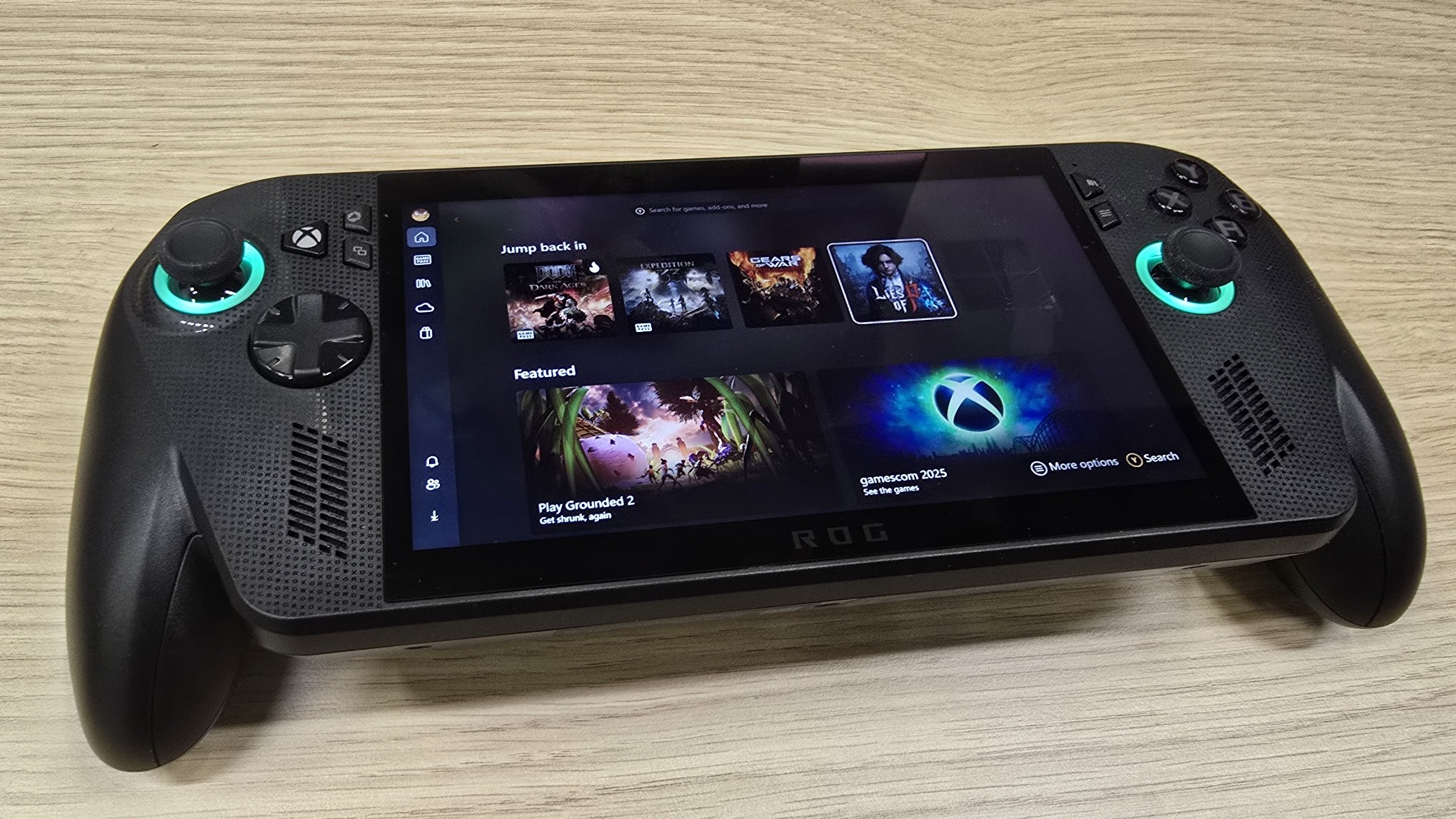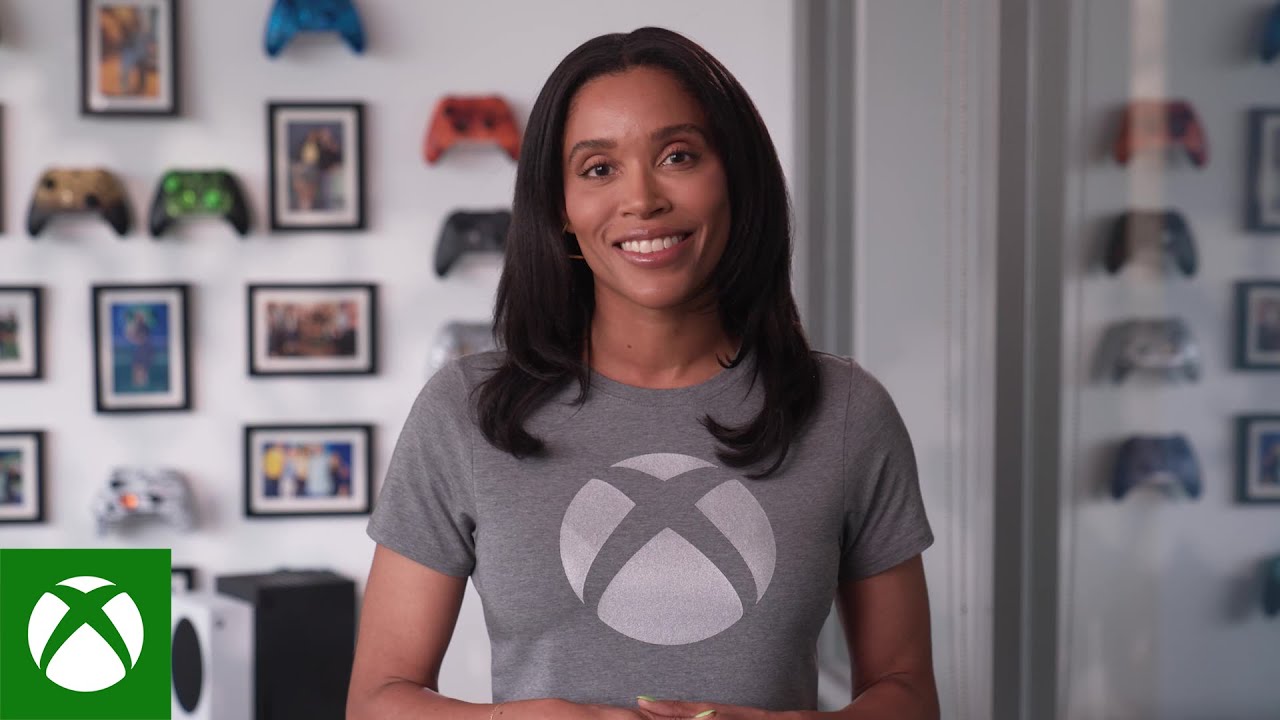
Microsoft teases first-party Xbox handhelds and new hardware
Over the past couple of weeks, Microsoft’s Xbox has been dealing with more hate than usual.
Hot on the heels of mass layoffs over the summer, Microsoft joined other companies in raising prices on its products — but Xbox Game Pass Ultimate took a strangely egregious 50% price hike which is beyond the scope of a usual inflationary price increase.
The dramatic moves Xbox has been making to its platform over the past year has shaken consumer confidence and given plenty of ammunition to those who actively seek Xbox’s downfall, leaving Microsoft wide open for misinformation campaigns.
This past week, Microsoft shared a statement with us confirming that it is still all-in on next-gen Xbox hardware, contrary to rumors that began to grip social media and gaming blogs in its wake.
Microsoft just released the Xbox Ally handheld in partnership with ASUS. This PC gaming handheld has also caused a wave of consternation owing to its Xbox branding. This device cannot run Xbox console games. The Xbox Ally is a PC handheld in every way, shape, and form, but it does front-load Xbox services and features. It does sport over 1000 dual-license Xbox Play Anywhere console and PC games, with cloud saves, and more are coming every month. Yet, I find myself still fielding questions, even from game journalists, who are unsure what this device actually is and does.
In a new interview with Variety, Xbox President Sarah Bond spoke on Microsoft’s wider gaming hardware strategy in response to some of this.
Bond reflected on the price of the Xbox Ally and Xbox Ally X, which are $600 and $1000 respectively. Sources indicated to me that tariffs played a big role in the price point, but it’s also by way of the simple fact that ASUS isn’t a platform holder. Xbox, PlayStation, and devices like the Steam Deck can be subsidized to some degree, because the platform holder expects to make money on software sales.
Bond emphasized that this is an ASUS product ultimately, and that the firm sets the price — so you shouldn’t expect to see any sales reflected in Microsoft’s quarterly earnings later this month. Bond noted that it was beneficial for ASUS and Microsoft to work together, to pool expertise in the space. ASUS has already been here for a while, arguably more prolifically than any other Windows OEM.
“We looked at, how do we create multiple options for people? And it really was ASUS, because this is their hardware. That is all of their insight into the market, into the feature set, into what people want, to determine the ultimate prices of the devices.”
Bond noted that Xbox and Windows have been working more closely than ever to make the gaming experience better for devices like this, and that partnering with ASUS helped them “to really begin to transform the experience and take it to that next level in a way that we could do partnered much quicker.”

Microsoft tabled its own Xbox handheld, reported exclusively by us over the summer, to focus on its partnership with ASUS. But my sources were pretty adamant to emphasize that the first-party Xbox handheld was only “paused.” I think it’s very rare that “paused” devices come back from the proverbial dead, although it has happened at Microsoft. Look at the Surface Duo, for example. As far as our sources indicate, Microsoft is, indeed, still intending to build its own Xbox handheld some day.
This is what Sarah Bond had to say in response to a question about Xbox making its own hardware, and its own handhelds.
“We are 100% looking at making things in the future. We have our next-gen hardware in development. We’ve been looking at prototyping, designing. We have a partnership we’ve announced with AMD around it, so that is coming. What we saw here [with the ASUS ROG Xbox Ally] was an opportunity to innovate in a new way and to bring gamers another choice, in addition to our next-gen hardware. We are always listening to what players and creators want. When there is demand for innovation, we’re going to build it.”
Microsoft is dealing with consumer trust issues

I think Sarah Bond’s comments about hardware could still be taken as cautionary if you were a concerned Xbox customer. Microsoft has been pretty flake-y on supporting its consumer products over the years, eager to cut and run at the first sign of trouble or real competition. There’s a litany of killed off products in the Microsoft graveyard, as shareholder hype and fads call on funds to be allocated elsewhere (like the AI bubble.)
I’ve railed on Microsoft for its short-termism in various articles over the past year, but I think it would be pretty unfair to suggest Microsoft isn’t investing heavily in its gaming project. They have tens of billions invested in Xbox via acquisitions, tens of millions of heavily engaged, high-spending players on console and PC, and a vastly expanding pool of casual gamers on mobile via Candy Crush and the like.
The Xbox Ally only offers a subset of games for Xbox console users, but Microsoft has also invested hundreds of millions in cloud architecture specifically for gaming, all to help future-proof compatibility as endpoints blur and internet speeds increase. It’s also serving as a powerful testbed for adapting Windows for the living room — something Microsoft has dreamed of doing for literal decades, as Windows 12 looks to move increasingly to AI-powered voice-interactivity and agentic tasks.
Indeed, Xbox and gaming is embedded at every level of Microsoft’s overall business strategy. I doubt we’ll see Microsoft release any gen-AI built games in the near term, but things like Auto Super Resolution, save file version shifting, and cloud streaming enhancements are absolutely things LLMs could assist with — without impeding human-led creativity.
Xbox’s strategy could end up being too fragmented for consumers to care for, undoubtedly. But, it could also end up being transformative, if it can stay the course.

Follow Windows Central on Google News to keep our latest news, insights, and features at the top of your feeds!
First Appeared on
Source link






